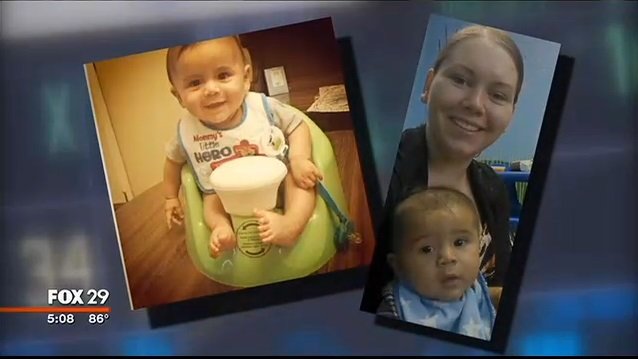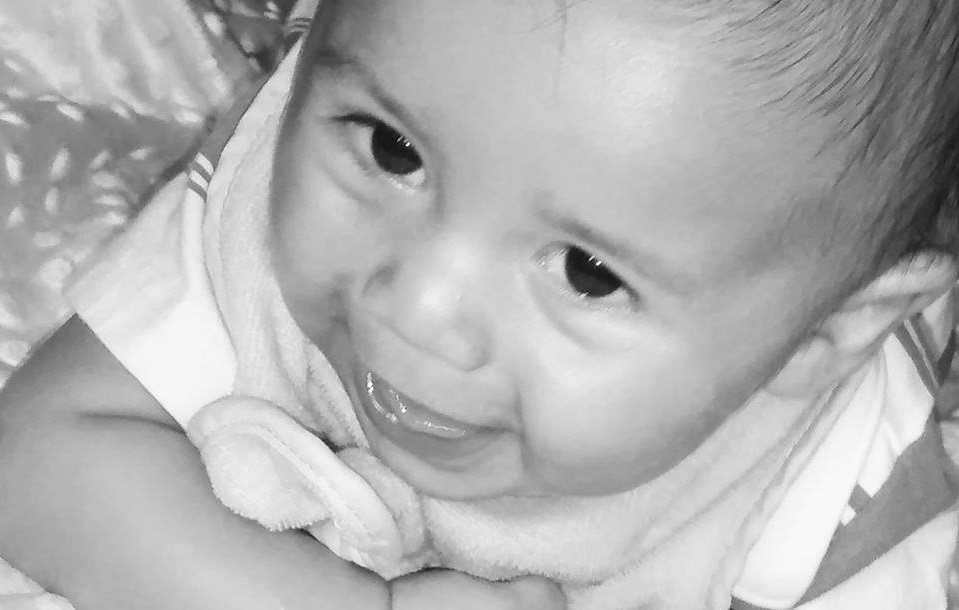Medically Kidnapped Baby in Pennsylvania Diagnosed with Rickets – CPS Keeps Child Anyway
Pennsylvania baby Cesar Battiato is still in foster care, even though medical experts report that his injuries are the result of infantile rickets, not child abuse. His mother Jessica was recently diagnosed with Ehlers-Danlos syndrome, a rare inherited connective tissue disorder, one which is likely to be passed on to her child. The Battiato's went to court on their case July 29, hoping that this evidence would result in a verdict that would bring their baby home. Instead, there is another hearing scheduled for October 22.





